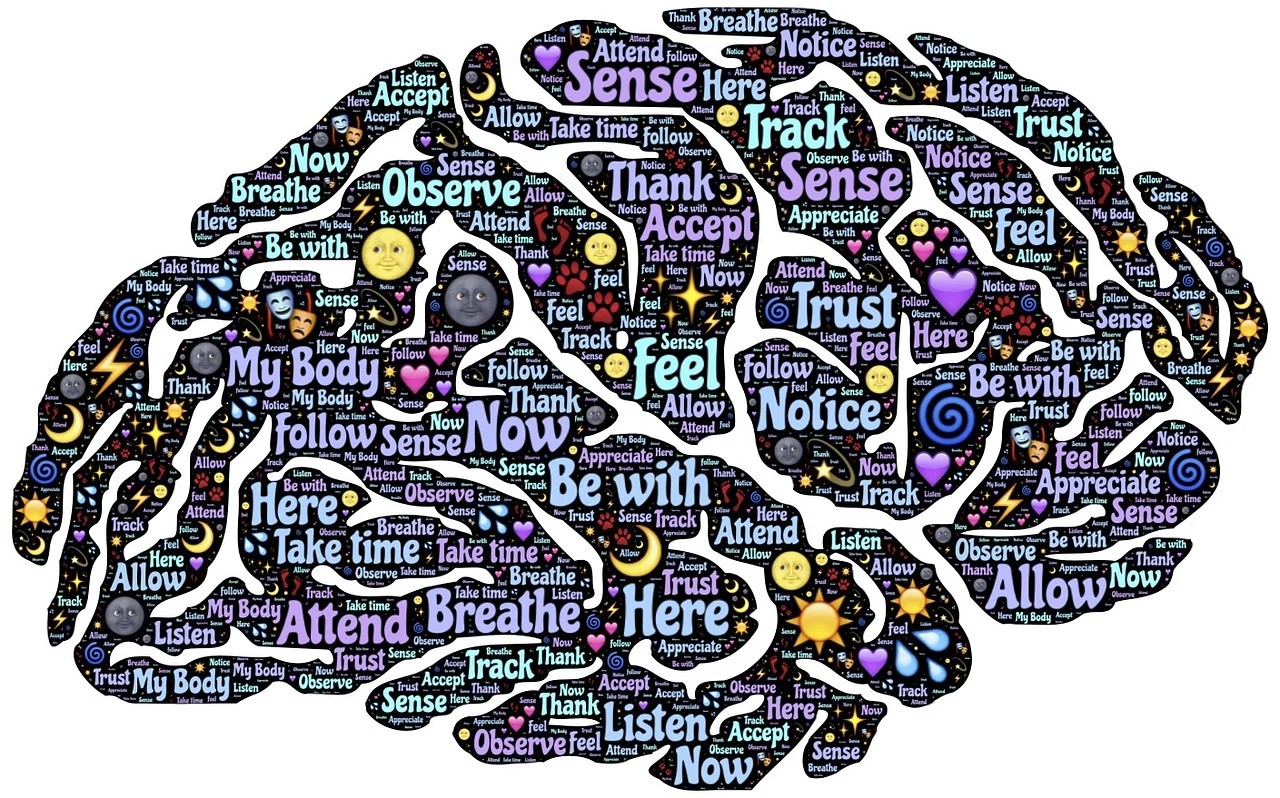The recent Catholic Times cover story and editorial remind us that young people have been involved in the church's history. Based on the historical and cultural context of Jesus and the 12 Apostles, it was likely young adults, possibly in their late teens or early twenties, with some possibly older, who were the members of Jesus' core disciples. Young people have been the church's main subjects of change and renewal. Young disciples of Jesus Christ played an important role in spreading the gospel and establishing the church. The Korean church has also grown through the dedication and sacrifice of young believers amidst persecution and chaos.
However, many young people are leaving the church today. This is a matter not only of personal faith but also of the church community. If young people feel alienated from the church or their faith is not connected to their lives, it may be because the church has not listened to their voices.
Above all, we must create an open church where young people can actively participate. Various activities and communication channels must be provided so that young people can become subjects who participate in the church's mission, not simply passive believers. In addition, the church must strive to help young people practice their faith and quench their spiritual thirst. When young people go beyond the church's fence and play the role of light and salt in the world, the church will become more energized and find new hope.
The Korean church is now at an important turning point. The upcoming 2027 Seoul World Youth Day could be the test. The church should welcome young people as mature companions and support them so that they can participate proactively. For young people to become the church's hope, the church should welcome them, and young people should become the leading players who change the world with the power of faith.
Pope Francis begins his Apostolic Exhortation to the Young 'Christus vivet' with the words: "Christ is alive! He is our hope, and in a wonderful way, he brings youth to our world, and everything he touches becomes young, new, and full of life. The very first words, then, that I would like to say to every young Christian are these: Christ is alive, and he wants you to be alive!"
The pope acknowledges that “the church members do not always act like Jesus”. He criticizes the church's reality, saying, “Rather than paying attention to young people, there is a widespread tendency to provide stereotypical answers and outdated solutions without allowing young people to ask their real questions or accept their challenges.”
However, we hear from the young who still have a spiritual longing, “I can’t talk about God in the church.” In the article, some of those working in Youth Spirituality discovered that many young people want to talk about religion, church, and God, but say if you talk about "God" in the Church, the atmosphere becomes awkward, or you are looked at as strange. Although there are youth groups in the church, it is often more of a volunteer group for social gatherings or church events than a place to talk about God.
This response from the young people can be interpreted as evidence that the church has failed to understand their spiritual yearnings and has failed to accompany them in discovering their vocation.
One of the leaders working with the young, “I was impressed by the appearance of young people who are seeking their own sanctuaries, such as the meaning of their existence and the meaning of their lives planned by God,” and added, “Young people’s religious interests and questions are very serious, but we need to look back and see if the church is taking the spiritual longings of young people too lightly.” Also added, “If young people cannot find their individual sanctuaries within the church, they will not be attracted to the church.”
Parish youth groups focusing on fellowship or service fail to understand young people's spiritual thirst and their spiritual needs.
“I think the most important thing is to sympathize with the difficulties of young people, talk to them, and help them overcome those difficulties with faith. It is most important for young people to receive comfort and hope from the church and the words and love of Christ.”
This is a youth pastor's response regarding youth ministry. Although it seems like a good policy for youth ministry, a sociology professor believes this misunderstands the problem. “(Many youth pastors) express similar opinions,” and “This position leads to the absence of will to retain and attract young believers.”
In “A Study on the Phenomenon of Young Believers 'Leaving Religion'”, the professor conducted in-depth interviews and comparative studies with youth pastors from five religious organizations located in Seoul. He pointed out that “even if they recognize the need for innovative measures, the practical measures prepared according to this need tend to not go beyond the fence of the traditional paradigm created by the teachings of the Catholic faith.” Many young people have left the fence, but ministry is still being carried out only within the fence.
In the “Comprehensive Statement of the Korean Church” written through the listening process of the 16th Synod of Bishops, the Korean Church stated that “almost all dioceses have failed to become full companions to them (young people)” and confessed that “while the Church mentions the importance of young people, it does not actually approach them, and although it claims to be together with them, it lacks efforts that young people can feel.”
Of course, there have been efforts to reach out to young people outside the fence, such as youth restaurants started by various religious orders and dioceses. However, parishes, the front lines of pastoral work, lack efforts in this ministry.
In a COVID-19 survey conducted by the Catholic Pastoral Research Institute of Korea in 2023, young people chose ‘authoritarian culture’ as the first place that needs to change the most in the Korean church and ‘the arbitrary decision-making structure of priests’ as the second. While calling young people the ‘hope of the future’, the attitude toward them as immature beings who need to be taught and not as the ‘hope of the present’ is an obstacle preventing them from staying in or entering the church.
A young man in one of the parishes said, “When I ask questions about issues with youth activities in the parish or the conflicts between life and faith, if I hear answers like ‘This is how we have traditionally taught,’ or ‘You still lack faith, so you think like that,’ it is deeply hurtful for young people who are struggling to live as true Christians.” He added, “Ultimately, the young people who ask questions become uncomfortable, and the door to dialogue closes, and they seem to become increasingly distant from faith.”
Pope Francis, in 'Christus vivet' (Christus Alive), acknowledges that “the members of the church do not always act like Jesus” and criticizes the church's reality, saying, “Rather than paying attention to young people, there is a widespread tendency to provide stereotypical answers and outdated solutions without allowing young people to ask their real questions or accept their challenges.”
A Korean Institute for Christian Thought leader explained the traditional paradigm of youth ministry by saying, “It has been customary for youth ministry to apply programs unilaterally created by pastors and church organizations to young people.” He suggested, “Rather than providing resources and programs for a ‘church for young people,’ we should create a ‘church of young people,’ a church where young people gather and share their own spiritual experiences and ideas, and where their spiritual and religious needs are expressed.” He means that young people should be welcomed not as the protagonists of the ‘future,’ but as the protagonists of the ‘present.’






